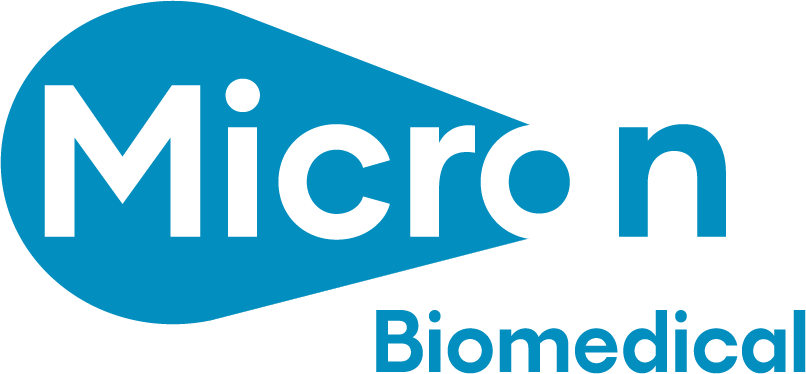July 13, 2021
– Phase 1/2 Trial to Evaluate the Safety, Tolerability and Immunogenicity of Micron’s Microneedle-Based Measles-Rubella Vaccine –
ATLANTA, July 13, 2021 /PRNewswire/ – Micron Biomedical, Inc. (“Micron” or the “Company”), a leader in dissolving, microneedle-based vaccine and drug delivery, today announced that it has initiated a Phase 1/2 clinical trial of its microneedle-based measles-rubella (“MR”) vaccine.
The trial will assess the safety, tolerability and immunogenicity of an MR vaccine delivered using Micron’s technology, compared with delivery via standard subcutaneous injection, in adults and children. The Company-sponsored Phase 1/2 trial will be conducted at the Medical Research Council Unit The Gambia (“MRCG”) under the leadership of Ed Clarke, MB ChB PhD, Head of Infant Immunology at the London School of Hygiene and Tropical Medicine (“LSHTM”) in The Gambia.
“This clinical trial is the first to evaluate a microneedle-based vaccine delivery technology in pediatric subjects and is a testament to the advanced development status of Micron’s technology,” commented Devin McAllister, PhD, Micron’s Vice President, R&D. “This trial reinforces Micron’s position as a leader in microneedle-based vaccine and drug delivery technology, and we are excited to be collaborating with Dr. Clarke and the MRCG at LSHTM on this groundbreaking clinical trial.”
Dr. Clarke commented, “We, at MRCG at LSHTM, are very pleased to be leading this first human trial of a measles and rubella vaccine delivered by microneedles. Microneedle technology, such as this, is viewed as being a key component to measles control in sub-Saharan Africa and elsewhere. This reflects, amongst other things, the potential ease of delivery, reduced cold chain requirements and absence of sharps waste. We expect the age-de-escalation trial we have recently started to give us considerable early information on the new technology in a setting in which it has the potential to offer significant benefits.”
The double-blind, randomized, controlled, double-dummy age de-escalation safety trial will enroll 45 adults (18-to-40 years old), 120 toddlers (15-to-18 months old) and 120 infants (9-to-10 months old). Serum samples from the trial will also be assessed for immunogenicity at the Centers for Disease Control and Prevention (“CDC”) in the laboratory of Dr. Paul Rota, Chief of the CDC’s Viral Vaccine Preventable Diseases Branch. Enrollment for the clinical trial is expected to continue through the second half of 2021, with results expected to be available in the first half of 2022.
“This first clinical trial of a microneedle vaccine for measles and rubella could potentially help reach higher vaccination coverage more easily, which would support our global elimination goals for measles and rubella,” said Dr. Rota
Measles is an extremely contagious and acute viral respiratory illness. According to the World Health Organization, measles outbreaks have significantly increased in recent years, with worldwide deaths increasing 50% from 2016 to 2019.1 COVID-19 pandemic-related disruptions in measles vaccination campaigns have exacerbated the measles crisis around the world. Rubella is a different viral disease that is not as contagious, nor as severe as measles, but shares similar symptoms. When contracted by pregnant women, Rubella can cause severe birth defects.2
Micron has been developing a dissolving microneedle-based technology for MR vaccination under previously announced grants from the Bill & Melinda Gates Foundation. At the 2020 International Conference on Microneedles, Micron presented positive results from an Institutional Review Board study that, for the first time, evaluated placebo microneedles in young children and infants as young as six weeks old. Micron’s technology was successfully evaluated in a Phase 1 clinical trial for seasonal influenza vaccination, the results of which were published in the peer-reviewed journal, The Lancet.
View Original Article Here: https://www.prnewswire.com/news-releases/micron-biomedical-initiates-first-ever-microneedle-vaccine-clinical-trial-in-children-301331844.html
